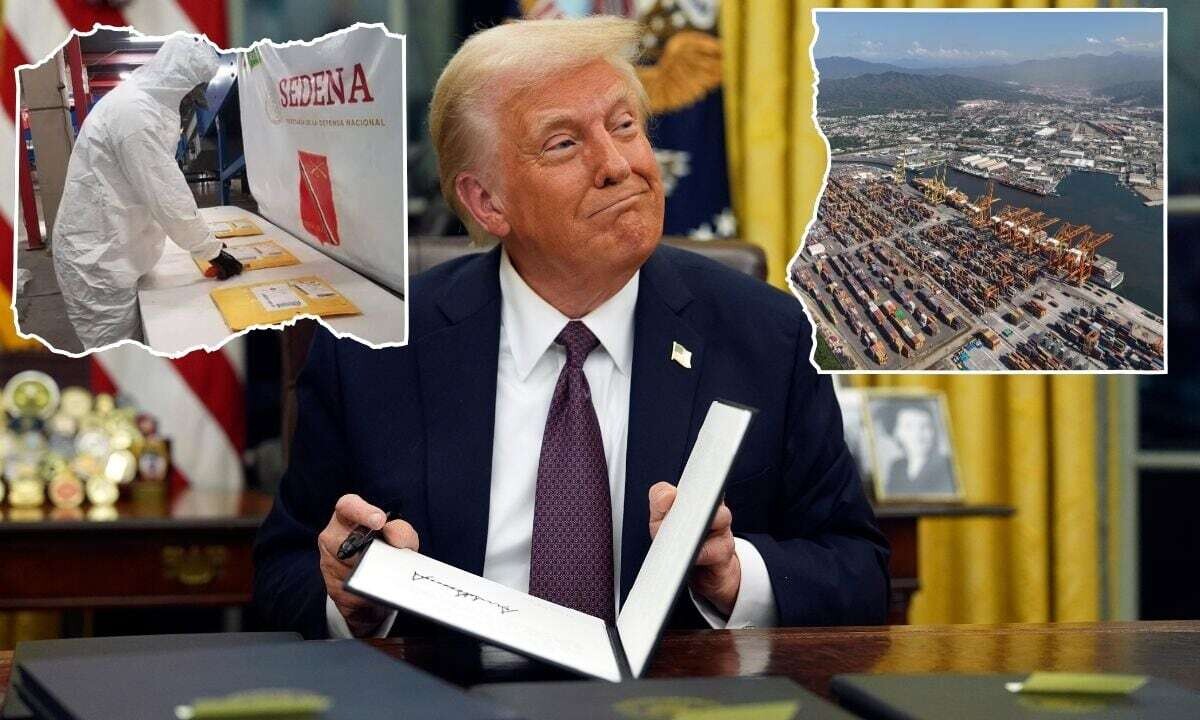
The international firm Hogan Lovells Mexico has called on Mexico to redefine its role as a strategic partner in North America. They highlight the importance of Mexico leveraging its skilled labor and contributions to the U.S. economy to position itself as a Latin American giant.
Specialized lawyers emphasize the need for the private sector to play a more active role in defining strategies to address economic wars and the new rules of the global game. Article 34.7 of the USMCA, actively negotiated by Donald Trump, is mentioned, which establishes the possibility of the treaty ending 16 years after its entry into force unless the parties agree to continue with it.
In the context of Trump's second government in the U.S. and measures affecting Mexico, warnings are issued regarding the challenges Mexico faces, especially in terms of international negotiation. The cancellation of ProMexico, the lack of advisors in Washington, and the weakness in the position of the Mexican ambassador to the U.S. have generated concern.
Hogan Lovells Mexico lawyers raised the need for Mexico to have contingency plans in case tariffs are imposed. Although the measure is under analysis, the importance of being prepared for any scenario is emphasized. Possible repercussions are mentioned, with a particular focus on the potential implementation of selective tariffs by the U.S.
Experts in areas such as trade, economic regulation, and international markets analyze the executive orders signed by Trump during his second term. The importance of the Mexican government responding quickly and effectively to these radical measures is highlighted.
Despite the challenges, Mexico's strengths are recognized, such as its medical device industry, technology clusters in the northern part of the country, and stable economic growth. The possibility that Trump's push for the U.S. economy could also benefit Mexico is emphasized.
It is noted that the USMCA introduces a dynamic and demanding framework, with a review clause every six years and a maximum duration of 16 years, implying constant renegotiation of the trade relationship between the countries.














